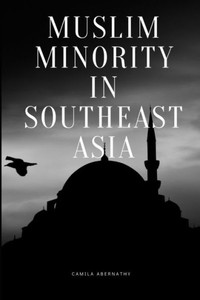Since the Islamic resurgence hit Southeast Asia in the 1980s, Muslim societies now have greater aspirations for adhering to the Shariah, the body of laws meant to govern Muslims' day-to-day lives. At the institutional level, the desire for this compliance manifested in the establishment of various institutions such as Islamic banking and financial programmes. At the personal and societal levels, there are increasing demands for the provision of halal-certified goods and services, most commonly in the food and beverage industry. However, increasingly, compliance to the Shariah is no longer limited to laws or ensuring that food and beverages are halal, but has become an entire lifestyle. The rise of the Muslim middle class in Southeast Asia has catalysed this preference. Muslim consumers now demand that products in other industries, such as fashion, sports, tourism, medicine and personal hygiene, should also be Shariah-compliant and even reminiscent of the time in which Prophet Muhammad lived. This book analyses the various social, economic, and political forces that have contributed to such trends across many countries in Southeast Asia. In identifying these trends and the forces that shape them, it discusses the potential consequences of such a lifestyle on society, specifically in entrenching various forms of stratification.
- | Author: Norshahril Saat, Sharifah Afra Alatas
- | Publisher: Iseas-Yusof Ishak Institute
- | Publication Date: Sep 30, 2024
- | Number of Pages: NA pages
- | Language: English
- | Binding: Paperback
- | ISBN-10: 9815104942
- | ISBN-13: 9789815104943
